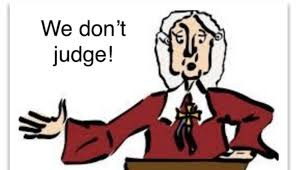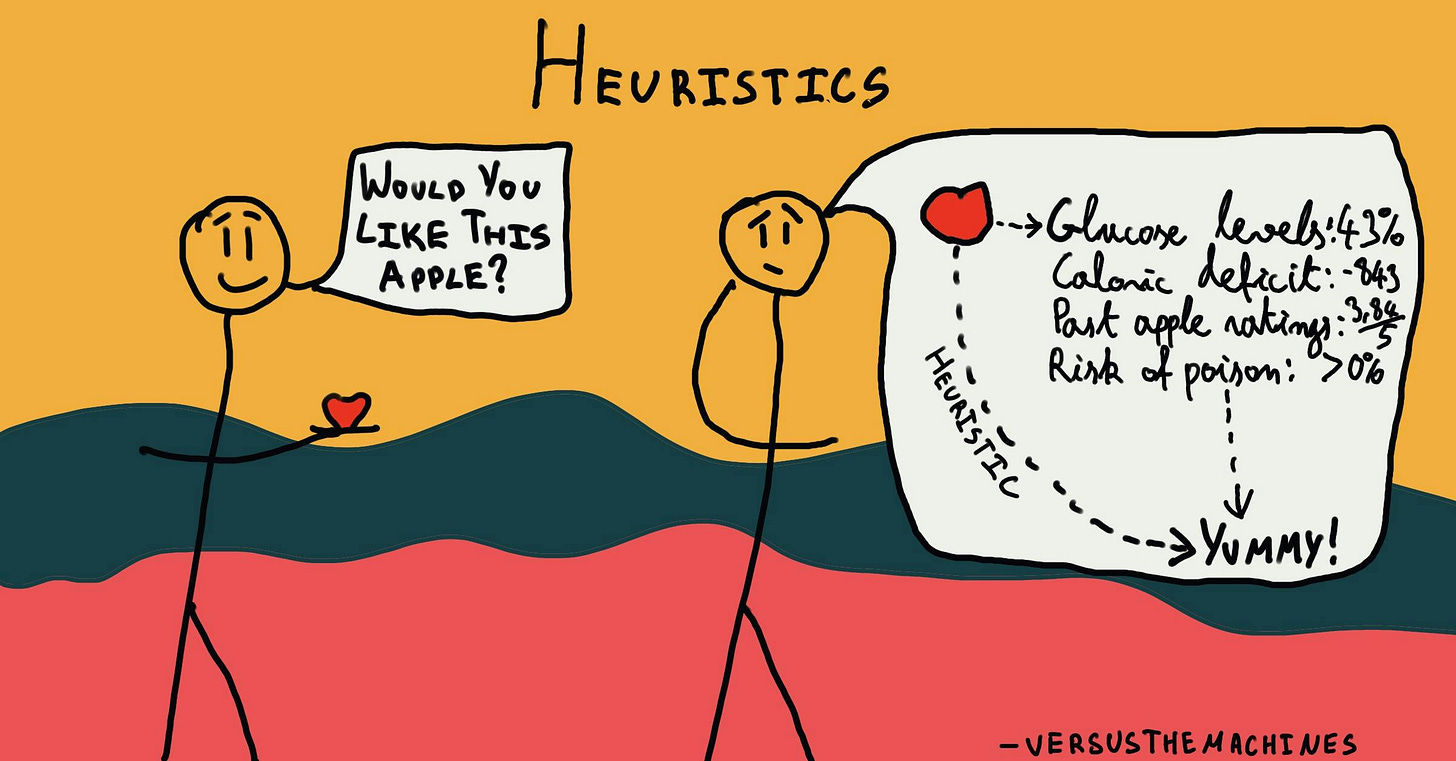Think about the last time you met someone new. Maybe it was at a social event, in your neighborhood, or at a family gathering. Chances are, you made some quick assumptions about them based on how they looked, spoke, or behaved.
This is something our brains do naturally—it’s called social perception. These snap judgments help us understand situations quickly, but they don’t always give us the full picture. For example, if someone seemed friendly when you first met, you might think they’re easygoing. On the other hand, if someone was quiet or reserved, you might assume they’re shy or unfriendly. But people are more complex than just first impressions.
Why do we judge others?
Our brains like to take shortcuts called heuristics to save time. For example, if someone is soft-spoken, we might automatically think they’re shy. These shortcuts are called “mental habits,” and while they help us process things fast, they often lead us to form opinions that aren’t fully accurate.
While heuristics help us process information faster, they often lead to biases, which can prevent us from truly understanding others.
The Problem with quick judgement
When we judge people too quickly, we can miss out on really understanding them. If we assume someone is difficult or unfriendly, we might avoid getting to know them better, which could lead to misunderstandings or missed connections. Often, we don’t know what someone might be going through. They could be dealing with personal challenges, which might explain why they seem distant.
4 Ways to become a Non-Judgmental grown up:
Acknowledge Your Biases - We all have biases, and the first step is recognizing them. By being aware of our tendencies to judge, we can consciously choose to look beyond first impressions. After meeting someone, ask, “Am I basing my judgment on facts or assumptions?”
Be Curious, Not Judgmental -When you meet someone new, instead of jumping to conclusions, ask yourself questions like, “What might this person be experiencing right now?” This shifts your focus from judgment to understanding.
Take a Moment to Pause- Implement a 10-second pause rule before responding to someone’s behavior. Use this time to consider why they might be acting this way. When you feel a judgment forming, pause and ask an open-ended question. If someone is quiet, try asking, “What’s your take on this topic?”
Challenge Your Mental Shortcuts - Stay open to the idea that everyone is more complex than your initial impression .After making a quick judgment, challenge it by asking, “What evidence do I have to support this? What might I be missing?”
Why Does It Matter?
Judging others too quickly limits your chances to connect with them. By being more open and taking time to understand people, you can build stronger relationships and create more positive experiences in life. Next time you catch yourself making a quick assumption, take a step back and ask yourself what else might be going on—you might be surprised by what you learn!
For SEL Geeks: A Deeper Dive into Judgment and Perception
Heuristics, such as the representativeness and availability heuristics, are cognitive shortcuts our brains use to make quick judgments, but they can lead to biased assumptions about people.
Schemas help us organize social information, but they can limit our understanding by placing people into rigid categories, reducing our ability to see the nuances in their behavior.
Attribution theory highlights that we often blame personality for actions while ignoring situational factors, making it important to recognize and challenge these mental patterns to improve our interactions with others.





💗💖💕 it's tooooooooo good didi I love it !!!!!!! ✨(Ashifa~)